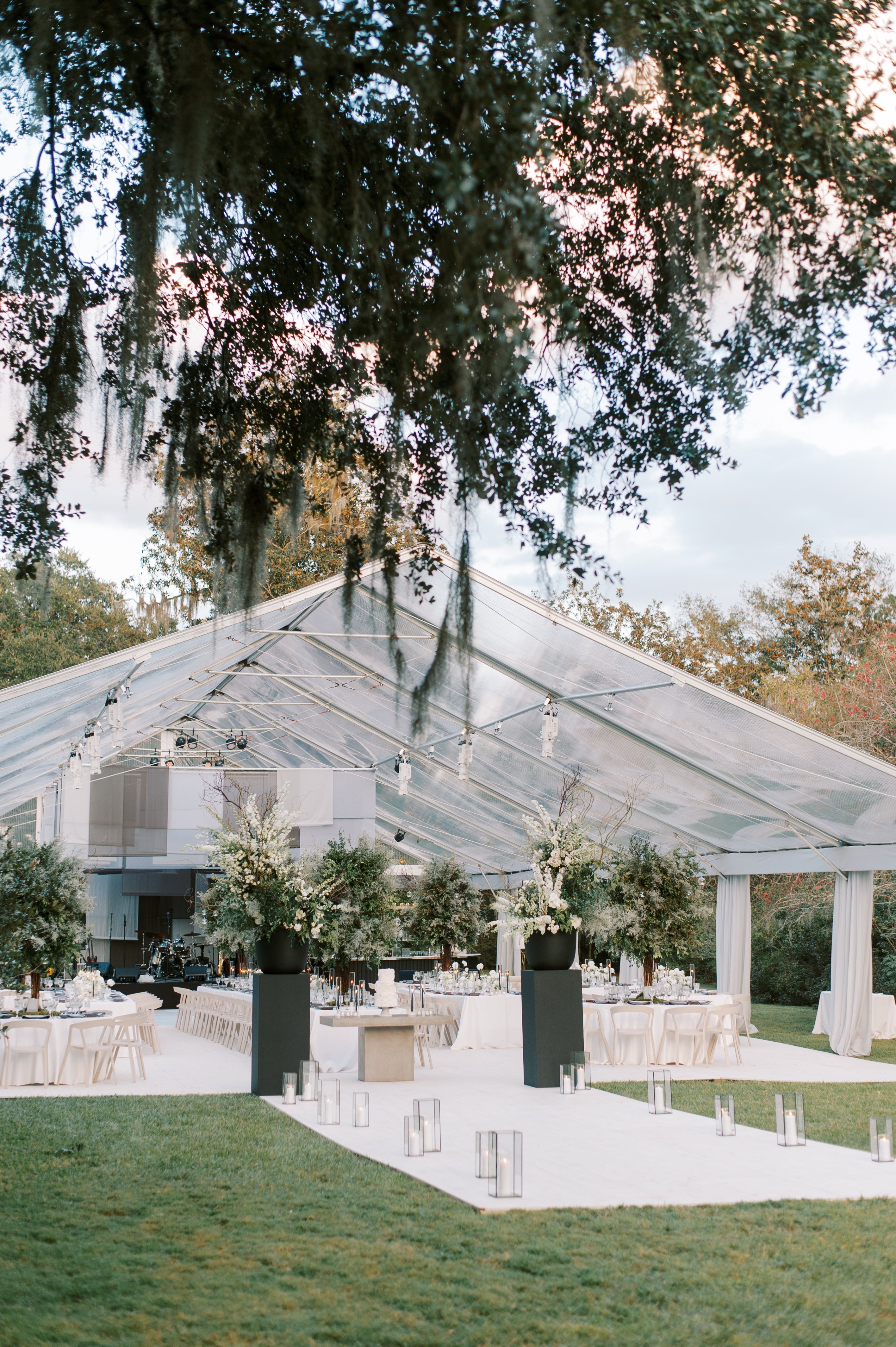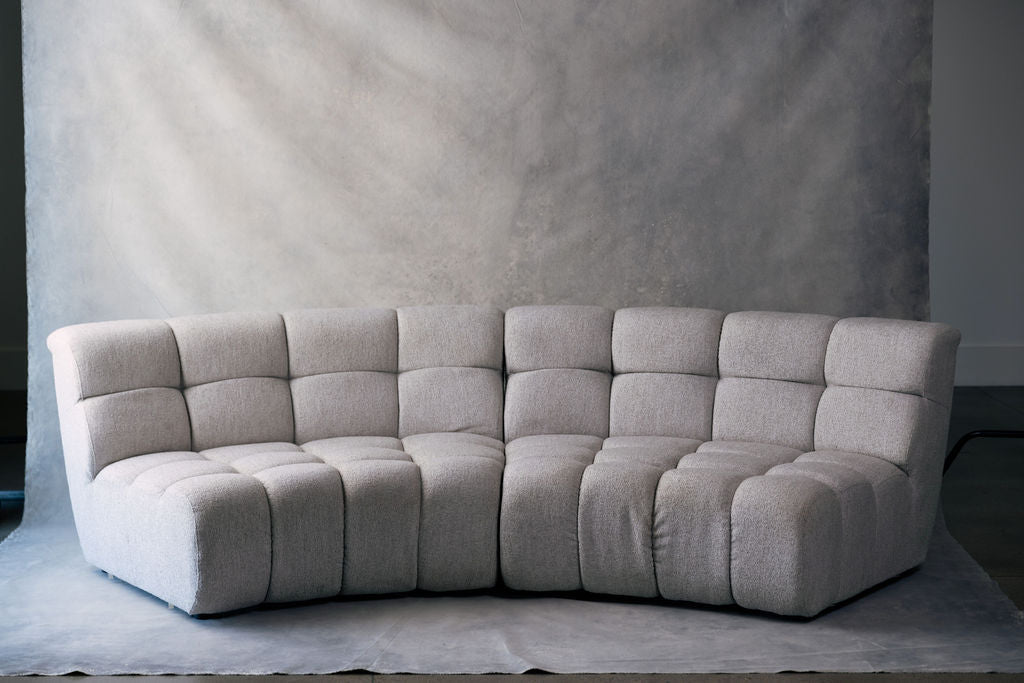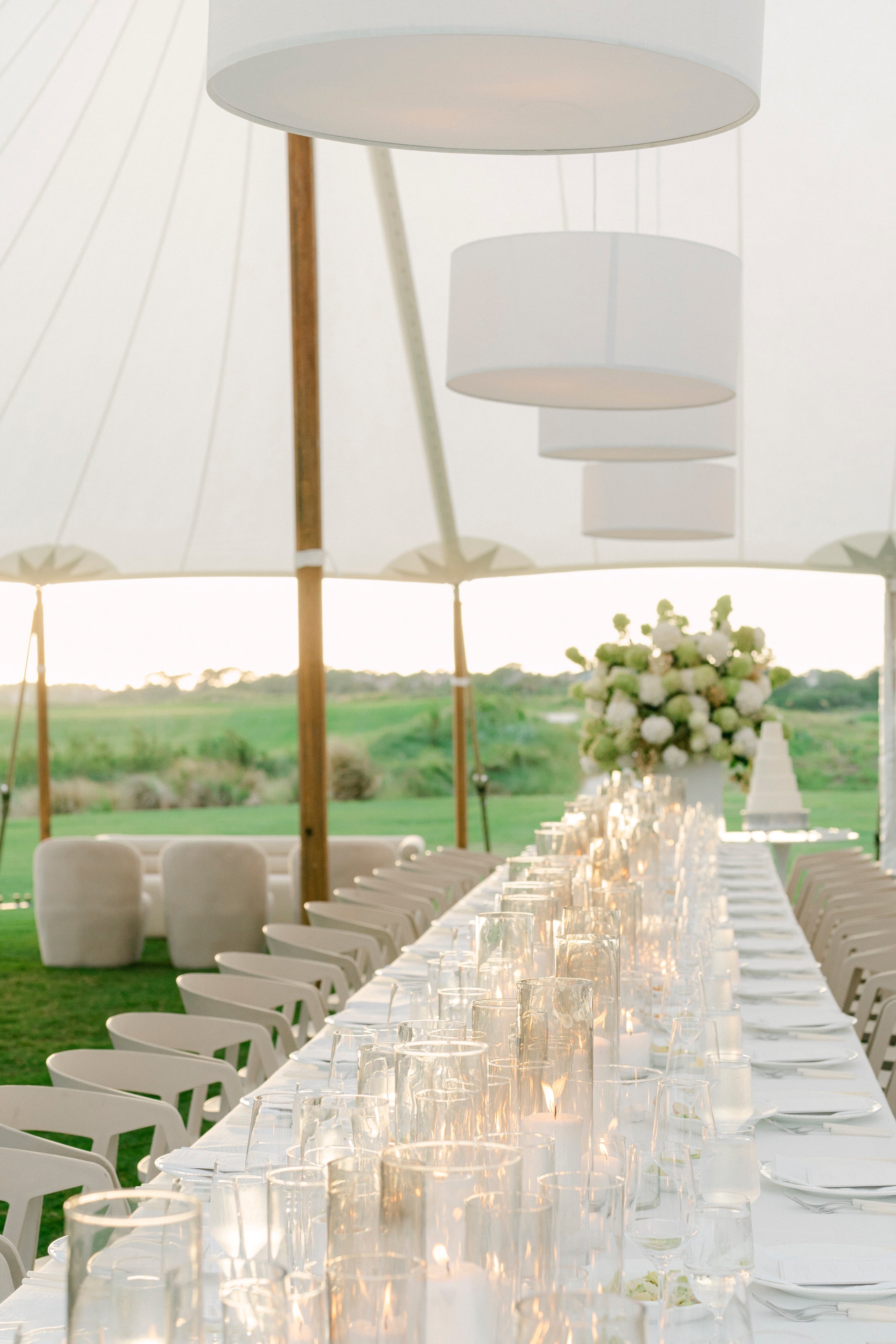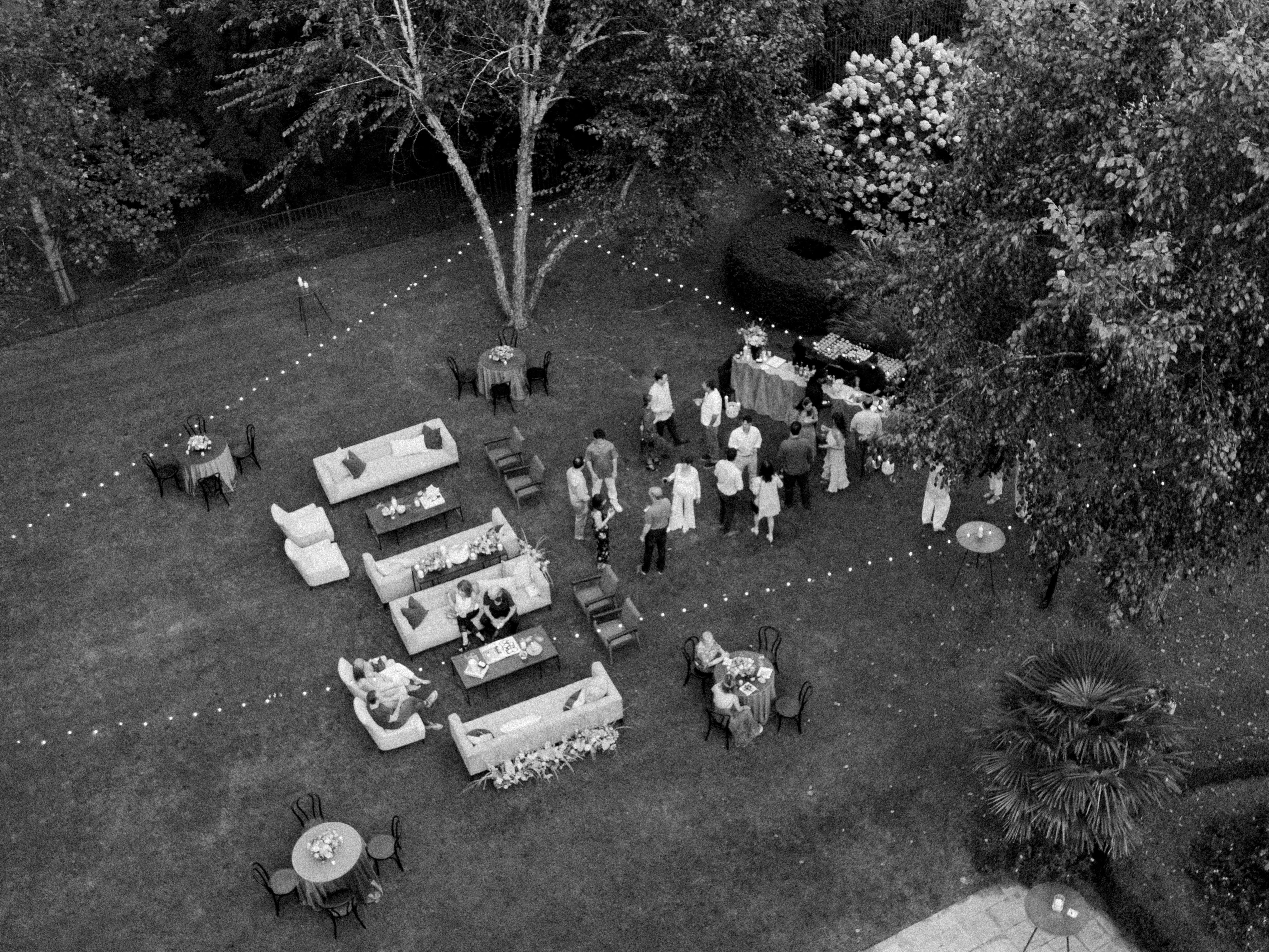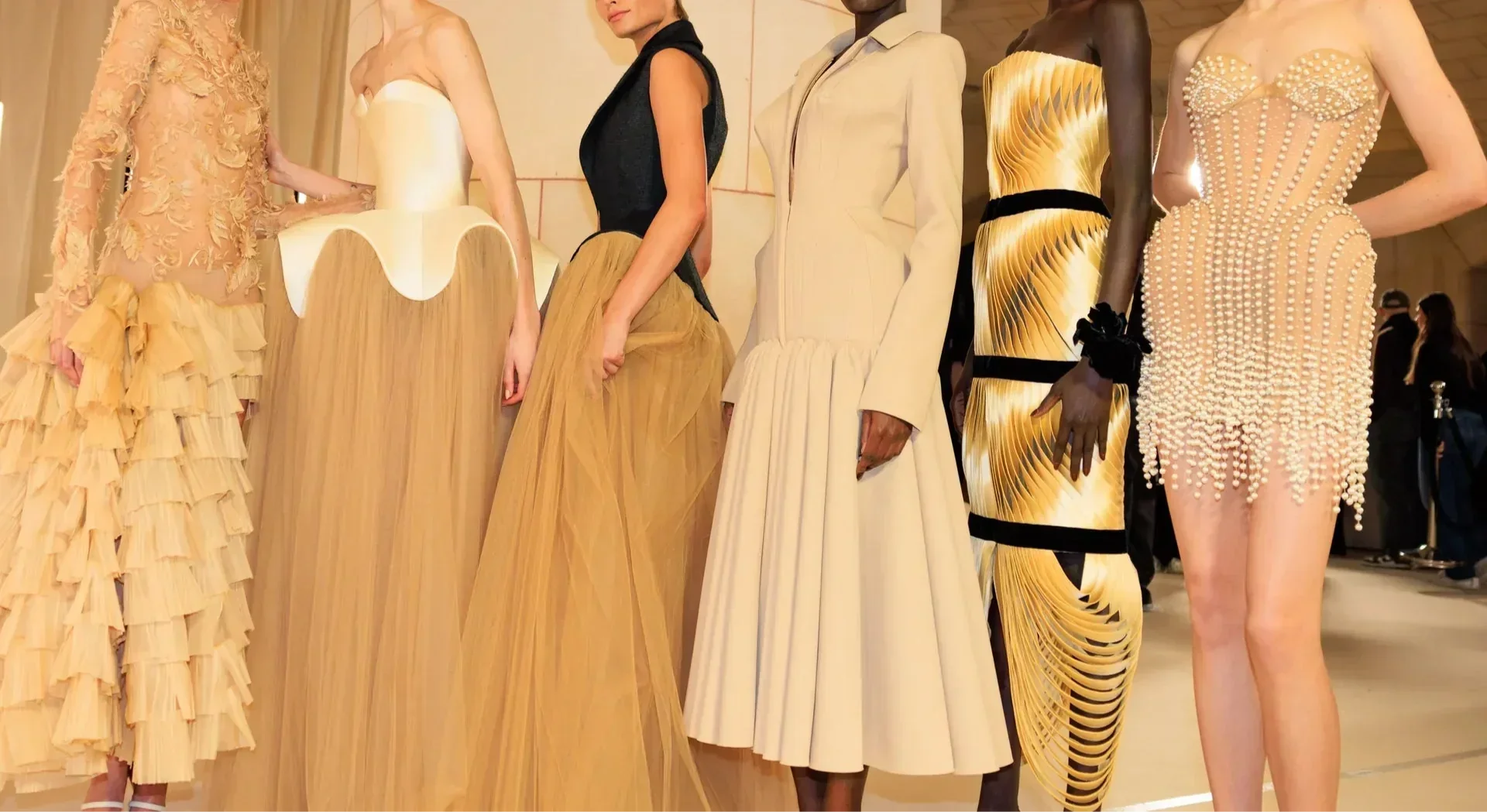How to Approach Events Like an Interior Designer: Marry Design and Hospitality for a Lasting Impression

This is where it started. With this kernel of a feeling that I wanted my event to feel more like home.
Ten years ago I was planning my wedding, looking for rentals, and all the options I came across felt so, well, disappointing. I wanted our wedding—an experience that’s understandably personal and pivotal—to feel like me. I wanted to welcome people to this event like I’d welcome them to my home: with warmth, thoughtfulness, and sincerity.
This wasn’t about having the nicest, most expensive rentals. It was about finding a way to create the right environment. And just like that, Mayker Events was born.
What I was discovering then and believe fully now is that whatever space you’re creating—whether for a night or a lifetime—can be designed with sincerity. In both instances, you’re hosting others. You are greeting them, loving them, and bringing them joy. Just because an environment is temporary, doesn’t mean it can’t be meaningful.
Over the years, Mayker has grown—leaning heavily into this concept of interior-inspired hospitality. Our collection, much to the chagrin of our bottom line, is curated not from Events R Us and Alibaba, but from residential pieces you’d find in your own home. We scour and source for products that fill a sense of joy as much as a room.
Planning your own event? Below, I’ve shared a few ways to fine-tune that greater sense of interior-grade hospitality. I think you’ll find it’s worth the extra work to make people feel at home.
Design Around Function
Creating a beautiful space isn’t just about what you see. What impresses people most and really establishes a feeling is how people operate within it. When you’re designing a room in your home, you are—hopefully!—designing with function in mind.
How are you and yours going to live in the space? Toddlers at hand? Performance fabric and plenty of storage. Late sleepers? Blackout curtains are key. Rainy weather often? Plenty of doormats.These aren’t necessarily aesthetic selections; they’re functionality choices. But they drastically impact how you experience a space. What you do and who you are dictates what you incorporate.
For events, prompt yourself to ask the same questions. Who is coming, and how do your selections enhance how they’ll experience the space? Hosting in winter? Coat check, please. Open bar? Add plenty of surfaces for setting down drinks. Grandparents attending? Designate chairs by the dance floor. Cigar bar? Bring on the ashtrays. Kids allowed? A coloring corner isn’t out of the question.
Understanding and planning around who will use the space creates an environment where people feel comfortable. They might not recognize the level of thoughtfulness you’ve taken, but they’d certainly recognize if it were missing.
Lean Into Layers
What you don’t often realize about your home is how layered it is: how many different elements combine to establish a certain feeling in the space. A sofa by itself, no matter how nice it is, feels cold when unaccompanied by other embellishments. It’s enhanced when it’s paired.
With events, it’s much the same. Ask yourself: what is the next element I can include to add more dimension? What would make this moment more inviting and thoughtful?
Not sure where to start? Here are our go-to additions:
- Pillows
- Rugs
- Lamps
- Coasters
- Candles
- Plants
Key reminder: Look to add purpose and warmth—not busyness. You’re adding to develop the space, not clutter it.
Know Your Design Heroes
I don’t know about you but at our house, everything isn’t carrara marble and Baccarat crystal. It’s a game of balance. Big balance. We have some moments—investment pieces—paired with other very everyday elements that we love but which are far kinder on our bank account.
When designing anything, especially if budget is top of mind, it’s good to consider highs and lows. Often having the best of everything is unnecessary and, dare I say it, unnoticeable.
Instead, consider this: You don’t need to have the best of everything, you just need to know your design heroes. What are your standout pieces that carry the weight of the moment? Invest in those, then pair them with cohesive elements that work together. If you choose well, your design heroes pull up the caliber of your surrounding pieces. And, voila! Something you might have found in the clearance bin now feels like it came from Christie's.
Just as important: knowing your design heroes helps you make wise decisions about how you allocate your budget. An example? For events, I always invest first in a great dining chair and pair it with a more affordable tablecloth. While I love a good linen, the tablecloth is the base layer. The chairs, in contrast, surround and adorn it. They set the tone, not to mention the comfort level, of your guests.
Another take? Go simple on the centerpieces and splurge on your statement florals. While we’ve all seen exceptional and overflowing tablescapes on Pinterest, we’ve also sat through them. It can be hard to talk and eat while spring is blossoming directly over your bolognese. Instead, splurge on your big floral moments—an install at the bar, or a large entry arrangement. Direct your investment into your design heroes instead of splicing and dicing it across a table count for 200.
Hide Your Dirty Laundry
We all have it. Those parts of the design that are necessary but unsightly. At home, we create spaces and ways to minimize these design transgressions.TV wires? Hide them in the wall. Dirty laundry? Look at this beautiful, seagrass hamper! Files and folders? Meet your new home: the desk.
With events, our “dirty laundry” isn’t the same, but it’s there nonetheless — the parts of the experience that are key to making it happen but which look, well, messy. Consider what it takes to create each moment of your event, and then think through how you can hide or store the back-of-house elements.
Some common culprits? Bars with their coolers and trash cans, or DJs with their ensemble of wires. In both scenarios, consider wrap-around stations where you can hide the inner workings. Events are multi-dimensional so you want to understand how something looks from all angles—not just the front.
